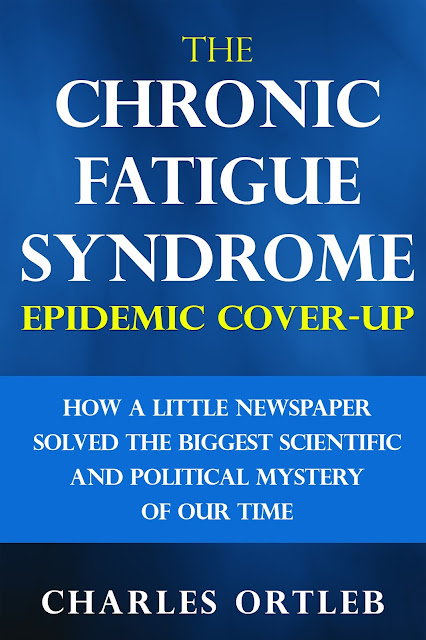A Perplexity Essay about Rebecca Culshaw Smith's work on AIDS
A paradigm shift within the field of HIV/AIDS research could be catalyzed by the critical issues raised in Rebecca Culshaw’s Substack and similar dissenting voices. Culshaw’s challenges to the scientific consensus—the proposition that HIV is not the definitive cause of AIDS—expose systemic vulnerabilities in how scientific dogma is established, maintained, and critiqued.
Fundamental Critique of Scientific Consensus
Central to Culshaw’s perspective is the assertion that consensus science can become dogmatic, suppressing dissent and marginalizing alternative explanations even when they are scientifically plausible. If HIV’s role as the unique causal agent of AIDS is discredited, the repercussions would extend far beyond infectious disease research. It would necessitate a retraction or reevaluation of countless scientific papers, funding priorities, and public health actions built around this singular hypothesis.
Retractions and the Scientific Record
A scenario where HIV is not the cause of AIDS would force a titanic reckoning with the scientific literature. Journals would face unprecedented waves of retractions, as thousands of papers would no longer be valid in their conclusions or methodologies. This crisis would challenge the integrity and trust placed in peer review and the inertia of established research paradigms. The ripple effects would reach into every institution that relied upon expert consensus as the sole arbiter of truth.
Suppression of Dissent and Its Consequences
Another angle threaded through critiques like Culshaw’s is the suppression of scientific dissent. When the stakes of being wrong are career-ending or have social consequences, alternative hypotheses are rarely entertained. This kind of orthodoxy, according to critics, can stifle necessary debates, undermine public trust, and ultimately hinder the progress of science itself.
Reframing Epidemiological and Therapeutic Policy
Should Culshaw’s warning be validated, the need to revisit not only the causation hypothesis but also the design of treatments, prevention campaigns, and pharmaceutical interventions becomes urgent. Public health measures predicated on an incorrect paradigm would need to be dismantled and rebuilt. The focus might shift from antiretroviral-centric models to broader, perhaps multifactorial, understandings of immune deficiency.
Implications for the Philosophy of Science
This controversy highlights a broader philosophical question: Is science self-correcting when entrenched incentives, institutional pressures, and interlocking interests resist change? The “paradigm shift” in question would act as a test case for Thomas Kuhn’s theory that scientific revolutions occur only when anomalies pile up and the old guard can no longer defend its position. If journals, funders, and policymakers double down rather than adapt, it could call into question whether science—as currently practiced—is truly responsive to evidence.
Conclusion
Rebecca Culshaw’s challenge to the HIV/AIDS paradigm embodies more than just a debate over disease causation. It raises foundational questions about the reliability of consensus, the openness of scientific discourse, and the process by which paradigms are both established and replaced. The potential paradigm shift—should it occur—would transform not only how AIDS is understood but how science must reform to remain credible and open to genuine revision.













